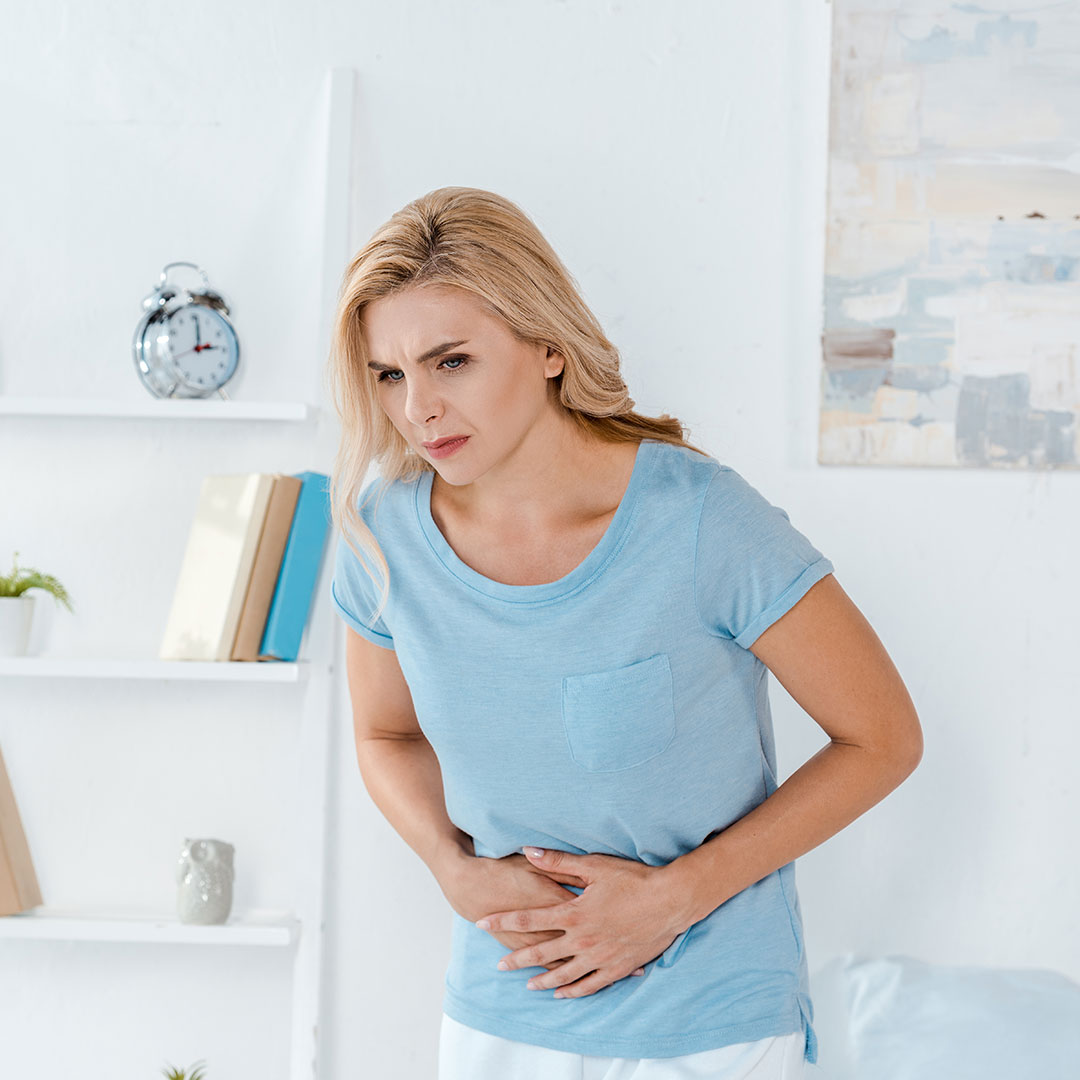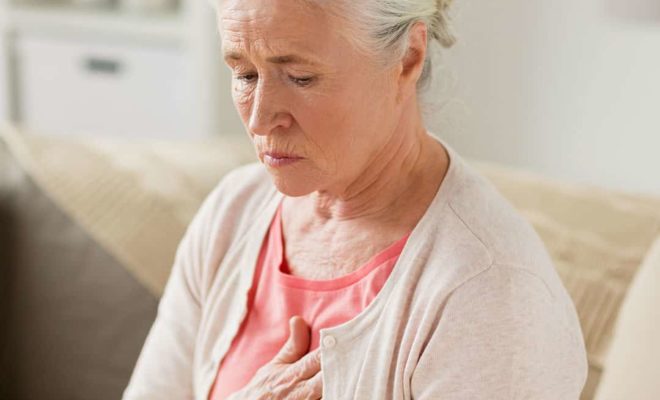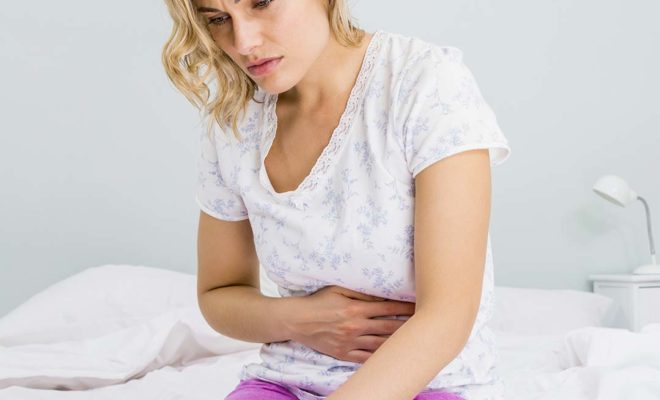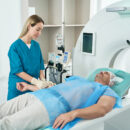Abdominal Pain – When to See a Doctor?

Abdominal pain is pain you feel anywhere between your chest and groin. This is often referred to as the stomach area or belly. You know that awful feeling: you feel nauseous; Your stomach feels like it's in a knot and you don't even want to move. What does your pain mean? Okay, today let's talk about abdominal pain. So what causes abdominal pain? Almost everyone experiences pain in their abdomen at one time or another. Most of the time it is not caused by a serious medical problem, and how bad your pain is does not always reflect the severity of the problem causing your pain. If you are experiencing gas or stomach cramps due to viral gastroenteritis, also known as a stomach virus, you may feel terrible pain. And some life-threatening conditions, such as colon cancer or a very early case of appendicitis, may cause only mild or no pain.
Less serious causes of abdominal pain include constipation, irritable bowel syndrome, food allergies, lactose intolerance, food poisoning and a stomach virus. Other more serious causes include appendicitis, abdominal aortic aneurysm, intestinal obstruction, cancer, and gastroesophageal reflux. Sometimes you may have abdominal pain caused by a problem that is not in your abdomen, such as a heart attack, menstrual cramps, or pneumonia. So, what do you do for abdominal pain? If you have mild abdominal pain, here are some helpful tips; Try sipping water or other clear liquids. Avoid solid food for the first few hours. If you are vomiting, wait 6 hours and then eat a small amount of light food such as rice, applesauce, or crackers.
Considerations
How bad your pain is does not always reflect the severity of the condition causing the pain.
For example, if you have gas or stomach cramps due to viral gastroenteritis, you may have very severe abdominal pain.
However, fatal conditions such as colon cancer or early appendicitis may cause only mild or no pain.
Other ways to describe pain in your abdomen include:
Generalized pain – This means you feel it in more than half of your abdomen. This type of pain is more typical of a stomach virus, indigestion or gas. If the pain becomes more severe, it may be due to a blockage.
localized pain — This is pain in only one area of your abdomen. It's more likely to be a sign of a problem in an organ such as the appendix, gallbladder, or stomach.
cramp-like pain — This type of pain is often not serious. It is likely due to gas and bloating, and is often followed by diarrhea. More worrisome symptoms include pain that occurs more frequently, lasts longer than 24 hours, or occurs with a fever.
colic pain — This type of pain comes in waves. It often begins and ends suddenly and is often severe. Kidney stones and gallstones are common causes of this type of abdominal pain.
Causes
Many different conditions can cause abdominal pain. The key is to know when you need to seek medical help. Sometimes, you may only need to call a healthcare provider if your symptoms persist.
Less serious causes of abdominal pain include:
- Constipation
- irritable bowel syndrome
- Food allergies or intolerance (such as lactose intolerance)
- food poisoning
- stomach flu
Other possible causes include:
- Appendicitis
- Abdominal aortic aneurysm (swelling and weakening of the main artery in the body)
- Intestinal obstruction or obstruction
- Stomach, colon (large intestine) and other organ cancer
- Cholecystitis (inflammation of the gallbladder) with or without gallstones
- Reduced blood flow to the intestines (ischemic bowel)
- Diverticulitis (inflammation and infection of the intestine)
- endometriosis
- Heartburn, indigestion, or gastroesophageal reflux (GERD)
- Inflammatory bowel disease (Crohn's disease or ulcerative colitis)
- Kidney stone
- muscle tension
- Pancreatitis (swelling or infection of the pancreas)
- Pelvic inflammatory disease (PID)
- Ruptured ovarian cyst
- Severe menstrual cramps
- Tubal (ectopic) pregnancy
- ulcers
- Urinary tract infections (UTI)
home care
- You can try these home care steps to relieve mild abdominal pain:
- Sip water or other clear liquids. You can drink sports drinks in small amounts. People with diabetes should check their blood sugar frequently and adjust their medications as necessary.
- Avoid solid food for the first few hours.
- If you vomit, wait 6 hours and then eat a small amount of light food, such as rice, applesauce, or crackers. Avoid dairy products.
- If the pain is higher up in your belly and occurs after meals, antacids may help, especially if you feel heartburn or indigestion. Avoid citrus fruits, high-fat foods, fried or fatty foods, tomato products, caffeine, alcohol and fizzy drinks.
- DO NOT use any medication without talking to your provider.
These additional steps can help prevent some types of abdominal pain:
- Drink plenty of water every day.
- Eat small meals more often.
- Regular exercise.
- Limit gas-producing foods.
- Make sure your meals are balanced and high in fiber. Eat plenty of fruits and vegetables.
When to Contact a Medical Professional?
Get medical help immediately or call your local emergency number (such as 112) if:
- They are currently receiving cancer treatment
- If you are unable to defecate, especially if you are vomiting
- If you are vomiting blood or have blood in your stool (especially if it is bright red, maroon, or a dark, tar-like black)
- If you have chest, neck or shoulder pain
- If you have sudden, sharp abdominal pain
- If you have pain in or between your shoulder blades and nausea
- You have tenderness in your abdomen or your belly is hard and hard to the touch
- You are pregnant or may be pregnant
- If you have recently had an injury to your abdomen
- If you have difficulty breathing
Contact your provider if you have:
- Abdominal discomfort lasting 1 week or longer that does not improve within 24 to 48 hours or becomes more severe and frequent, accompanied by nausea and vomiting
- Bloating that lasts more than 2 days
- Burning sensation when urinating or frequent urination
- diarrhea for more than 5 days
- Fever over 37.7°C (100°F) for adults or 38°C (100.4°F) for children, with pain
- long-term loss of appetite
- Prolonged vaginal bleeding
- unexplained weight loss
Dr. Ali Alsahli
Elite Hospital Emergency Service
Contact Us For Appointment:
Telephone line: 0392 444 3548 (ELIT)
Contact Form: https://www.elitenicosia.com/iletisim/
















